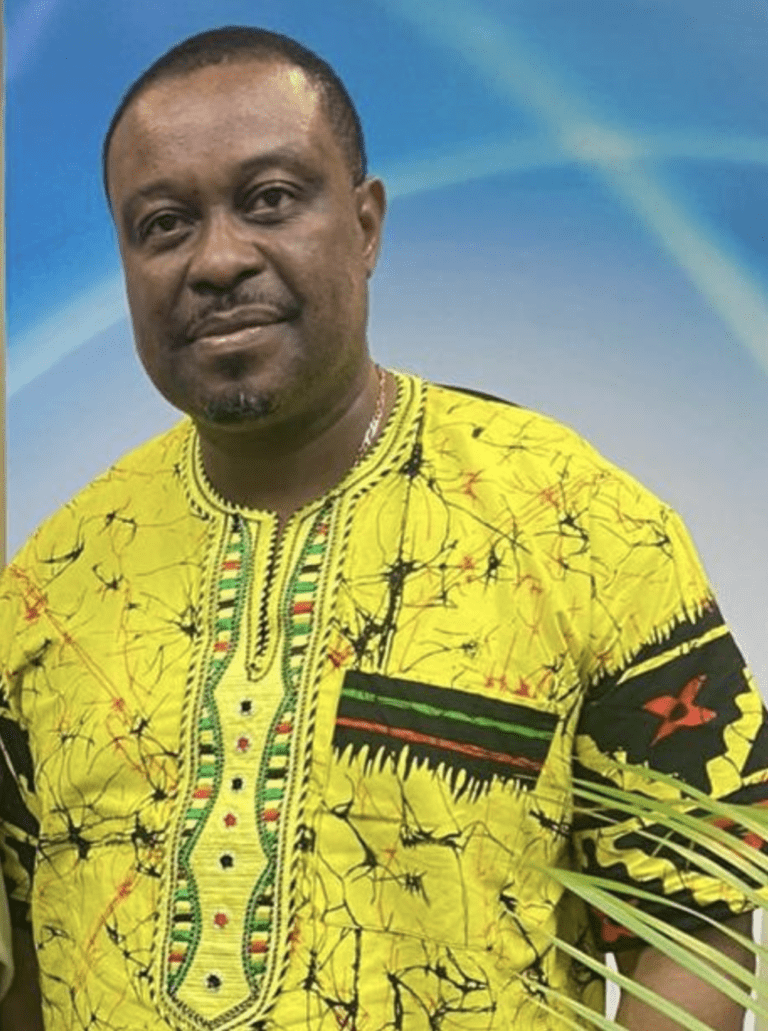An Investment in Quality Education is at the Heart of Reparatory Justice
By: Arley Salimbi Gill, Chair, Grenada National Reparations Committee
June 24, 2024

The movement for reparations for the genocide of Indigenous Peoples and the enslavement of millions of Africans has several important and compelling demands as outlined in CARICOM’s Ten-Point Plan. One of the most important demands is a call directed to the heirs of slavery to invest in the education system in the Caribbean region.
For more than four hundred years, enslaved Africans and Indigenous Peoples in the Caribbean were denied the right to an education as a matter of policy and profit. Educating Indigenous People and enslaved Africans was viewed as an expense and a threat to the institution of slavery. This centuries-long disinvestment in education left a legacy that is still impacting the Caribbean today.
Up until the mid-1960s, more than a century after emancipation, countries in the English-Speaking Caribbean were grappling with high illiteracy rates. Eliminating illiteracy meant, siphoning off resources that could have been allocated for other areas of nation-building to educating an illiterate population that Caribbean leaders had inherited—a problem that Britain created and a population that Britain abandoned at the time of emancipation. In Grenada, for example, we know that until 1979, most Grenadians were barely two-decades from working under immediate post-slavery plantation-like conditions. Still largely underpaid, illiterate, overworked and exploited in service to Britain.
As historian and scholar, Dr. Beckles noted in his inspirational book, How Britain Underdeveloped the Caribbean, at the end of slavery, most of the formerly enslaved people in the region were illiterate. This elevated level of illiteracy had a multigenerational effect. A negative social and economic effect that has consequences far beyond education. It can be argued that the current health situation in the English-speaking Caribbean, for example is tied to colonial-era educational policies and practices.
Today, the high literacy rate achieved by governments in the Caribbean is as a result of commitment on the part of Caribbean leaders. However, we must be reminded that this achievement came at a cost; the cost of investing in broader human development initiatives, infrastructural development, healthcare among other developmental initiatives.
Moreover, the education system we have inherited from the British, was in many ways, ill-suited to the success of Caribbean students. The socio-cultural context that students were educated in, reinforced a colonial mindset that we are still striving to liberate ourselves from today. The British education system that we inherited facilitated this miseducation through the transfer of knowledge from one generation to the next. The miseducation of the Caribbean student includes—the ways in which Caribbean and European history is taught in schools, the dehumanization of Indigenous people, the recharacterization of Africa as a continent of problems, and the glorification of Europe as a place of enlightenment and innovation.
Repairing the harms of educational disinvestment in the Caribbean would include asking and answering the following question: what would it take to educate a Caribbean student in a Caribbean context, using a methodology and pedagogy that is deeply rooted in Caribbean history and culture and is developed to address and solve Caribbean problems?
An investment by Britain and other European nations in a robust education system four hundred years ago would have yielded different socio-economic, political and health outcomes for the Caribbean in general and specifically for Grenada. The education gap that exists between Britain and Grenada and the wider Caribbean is a result of profit-driven decisions and the deep and widespread belief that Indigenous Peoples and enslaved Africans were subhuman and underserving of being educated.
It has taken humanity far too long to right this moral wrong. Every human being deserves the right to a quality education. Our Indigenous and African ancestors deserved that right in the 17th century and their descendants also deserve that right in the 21st century. The time to close that education gap is now.
